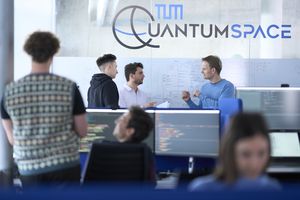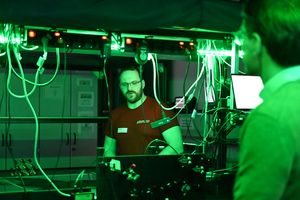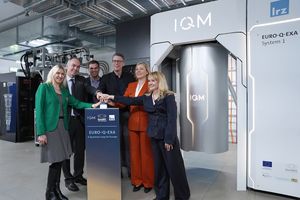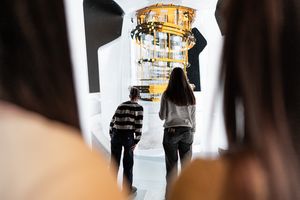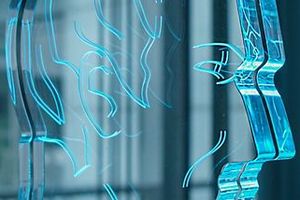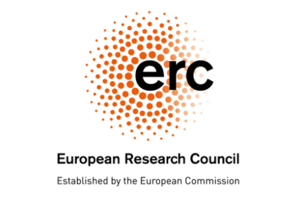Welcome to Munich Quantum Valley
Munich Quantum Valley (MQV) promotes quantum science and quantum technologies in Bavaria with the primary goal of developing and operating competitive quantum computers. It connects research, industry, funders, and the public: Munich Quantum Valley promotes an efficient knowledge transfer from research to industry, establishes a network with international reach and provides educational offers for schools, universities and companies.
Munich Quantum Valley is supported by the Bavarian state government with funds from the Hightech Agenda Bayern.
Latest news
From academic toolkit to globally used quantum software: PennyLane and Catalyst integrate the Munich Quantum Toolkit (MQT)
An example of successful transfer work in the MQV ecosystem – and of how software from Munich is having a global impact.
MQV-Einblicke: Micro-photonics for industrial application
On February 11, the Technische Hochschule Nürnberg Georg Simon Ohm (Ohm) in Nuremberg opened its laboratories and invited interested visitors to learn more about the development of industrial-grade components for use in modern quantum technologies.
First European quantum computer for Germany: Euro-Q-Exa begins operation at Leibniz Supercomputing Centre
Today, Euro-Q-Exa, the first European quantum computer of the EuroHPC Joint Undertaking in Germany, went into operation at the Leibniz Supercomputing Centre (LRZ). The system has 54 qubits and is to be supplemented by an additional system with more than 150 qubits by the end of 2026. Connected to the LRZ's supercomputer, Euro-Q-Exa is now available to researchers in Europe and is intended to advance technical independence in quantum computing.
Looking back on the Year of Quantum 2025
The International Year of Quantum Science and Technology 2025 is coming to an end. Proclaimed by the United Nations on the occasion of the 100th anniversary of the formulation of quantum mechanics in 1925, universities, research institutions, scientific societies, and many more around the world participated in the Quantum Year. Munich Quantum Valley (MQV) also organized numerous activities and events to celebrate the Quantum Year with its community and, in particular, to take the public on a journey into the impressive world of quantum mechanics. A look back at the highlights.
MQV end-of-year greetings 2025
As we conclude the year in which we celebrated a century of quantum science and technology, we would like to thank you very much for your commitment and dedication during this special year. May the holiday season bring you and your loved ones much joy and peace. We look forward to a new year full of happiness and achievements, big and small.
MQV member Frank Pollmann receives Leibniz Prize
On 11 December 2025, the German Research Foundation (DFG) announced the recipients of the 2026 Leibniz Prize. MQV member Prof. Frank Pollmann was also honored with the prestigious research award.
ERC Consolidator Grants for Christopher Eichler and Christian Schilling
MQV members Christopher Eichler of Friedrich-Alexander-Universität Erlangen-Nürnberg (FAU) and Christian Schilling of Ludwig-Maximilians-Universität München (LMU) have been awarded the prestigious Consolidator Grants of the European Research Council (ERC).
Spotlight
Experience quantum science up close
Experience cutting-edge research in quantum technology! In the event series “MQV-Einblicke – Quantenwissenschaften vor Ort erleben”, the member institutes of Munich Quantum Valley (MQV) as well as start-ups and industry partners of MQV are opening their doors. Find all dates of the series here.
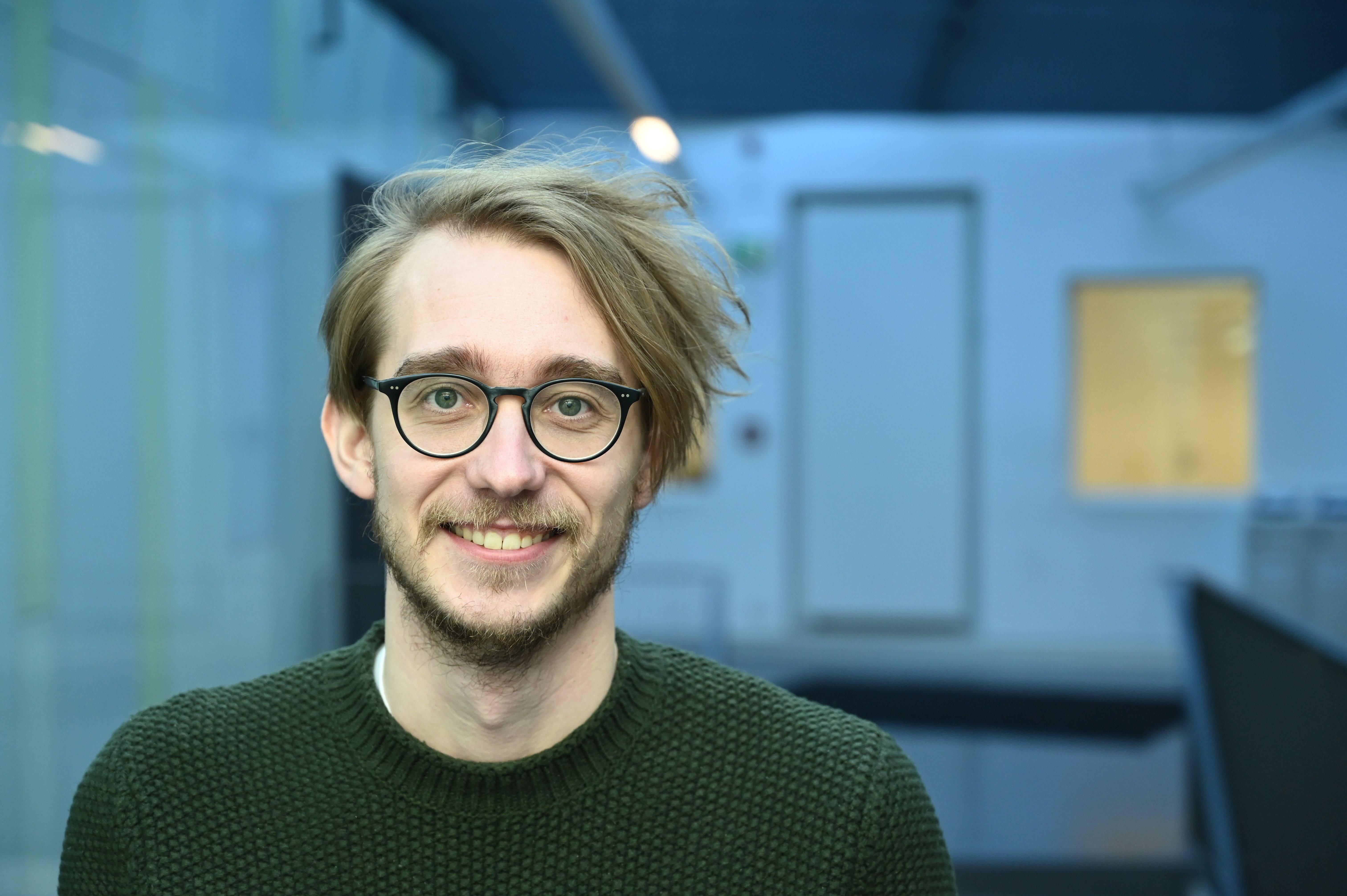
MQV In Persona update
Read our latest portrait of computer scientist Philipp Altmann.
Upcoming events
Future of Computing | Quantum Connect 2026
- 09:00 –
Vorhölzer Forum, Technical University of Munich
The Future of Computing Conference 2026 will take place in Munich on 3 March. The one-day event brings together corporate representatives and quantum technology experts to share ideas on how to improve quantum technology commercialization.
Quantum Fridays in the PhotonLab: March
- 14:00 –
Are you interested in quantum physics but can't find a good way to get started? Then the PhotonLab cordially invites you to join them in their student lab!
MQV-Einblicke – "Hochpräzise Frequenzbestimmung und ultrastabile Laser: Optische Innovationen für die Quantenrevolution"
Menlo Systems GmbH
How can quantum transitions be precisely controlled and studied using lasers? Visit Menlo Systems on 26 March to learn how high-precision lasers are developed and what key role they play in building ion and neutral-atom quantum computers.
Quantum computing – from research to practice
-
15:00
–
Haus der Bayerischen Wirtschaft
On 14 April 2026, the Bavarian Industry Association and Munich Quantum Valley are hosting a joint event at the Haus der Bayerischen Wirtschaft in Munich.
MQV Girls'Day 2026: Exploring the world of quantum materials
- 09:00 –
Center for Nanotechnology and Nanomaterials, Walter Schottky Institute
This year, Munich Quantum Valley is taking part in Girls'Day together with the Center for Nanotechnology and Nanomaterials of the Walter Schottky Institute. Girls are invited to find out about careers in science, learn how to produce the thinnest materials in the world, and discover the role of quantum physics in designing new materials with exciting properties for application.



